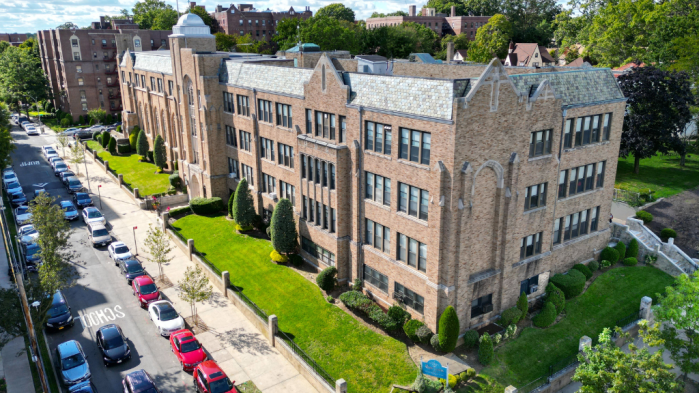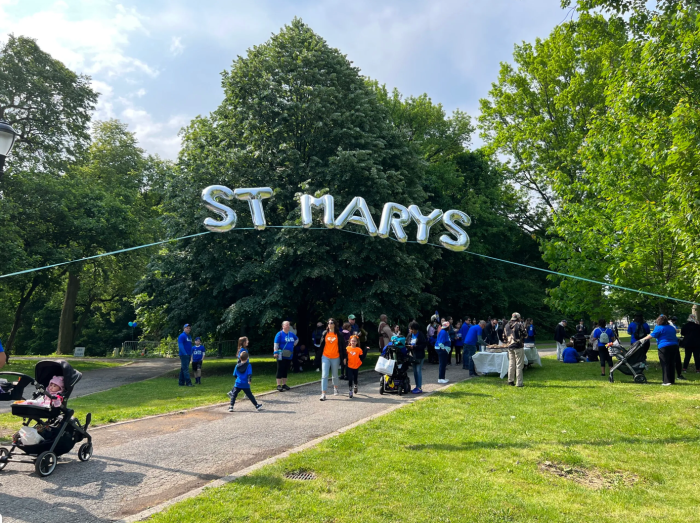New York City students applying to college will now have another avenue to try to pay for their education thanks to the city being awarded $500,000 for scholarships as the recipient of the Broad Prize for Urban Education.
The prize from The Eli and Edythe Broad Foundation is given to the urban school district that shows the most improvement throughout the nation.
“I thank the Broad Foundation for their vote of confidence in the New York City public school system. While we have made significant progress, much work remains to be done,” said Mayor Michael Bloomberg. “Today’s results demonstrate that New York City’s school reforms are raising achievement among our students, particularly minority students, to levels that weren’t considered possible just a few years ago, and this award recognizes the hard work of the teachers, students and parents, and acknowledges that we are heading in the right direction.”
When selecting a Broad Prize for Urban Education winner, the main areas of evaluation are teaching and learning, district leadership and operations, and support systems. Among the reasons listed for New York City being selected over other urban school districts were “greater overall performance and improvement,” “greater subgroup performance and improvement,” “closing achievement gaps,” and “more African-American and Hispanic students achieving at high levels.”
“If it can be done in New York City, it can be done anywhere,” said foundation founder Eli Broad. “The strong leadership by the mayor, the chancellor and a progressive teacher’s union has allowed a school system the size of New York City to dramatically improve student achievement in a relatively short period of time. Other cities can look to New York as a model of successful urban school district reform.”
Tashon Haywood, the principal of Queens Preparatory Academy, said that she has seen many changes in the school system. Among them have been breaking large campuses down into smaller schools, bringing in more qualified teachers and increasing accountability.
Queens Preparatory Academy is one of four schools located on the Springfield Gardens campus that was formed through the small schools initiative. Currently having grades nine through 11, it has about 285 students and will have about 400 when at full capacity. Haywood said that having the smaller school has meant that they are better able to keep track of students and ensure that none fall through the cracks.
“I thought that (getting the award) was very wonderful and very well-deserved,” Haywood said. “We have done a lot of work under the new regime.”
Of 100 districts that were eligible this year, five finalists were selected. This marks the third year in a row that New York City has been a finalist. The other 2007 finalists are Bridgeport Public Schools, the Long Beach Public School District, Miami-Dade County Public Schools and San Antonio’s Northside Independent School District.
New York City will receive $500,000 for college scholarships while the other four districts will each be given $125,000.
“I thank the Broad Foundation and congratulate the people whose hard work made this happen: the principals, teachers, students, and parents in our 1,400-plus public schools,” said New York City Schools Chancellor Joel I. Klein. “They all deserve credit for the fact that more students than ever in New York City are proficient in reading and math, and are graduating high school in record numbers.”
The Educational Testing Service will handle the administration of the scholarships, which will be awarded in the amount of $10,000 for students going on to four-year colleges and $2,500 for students going on to two-year colleges.


































